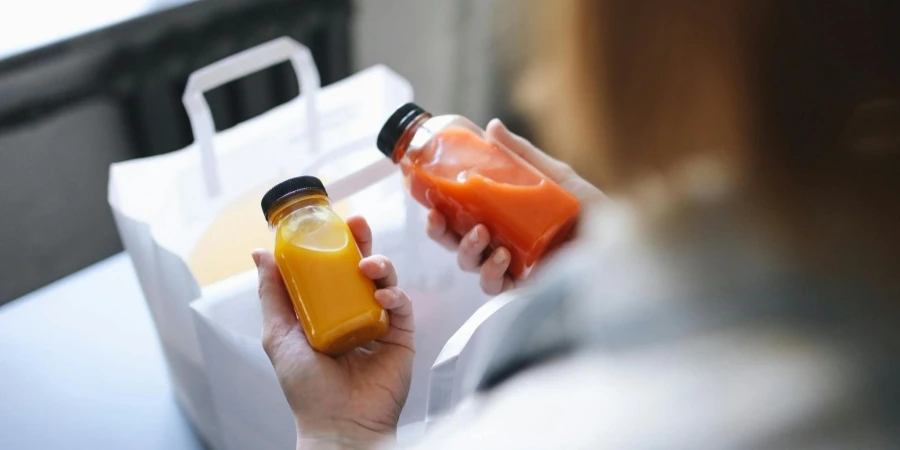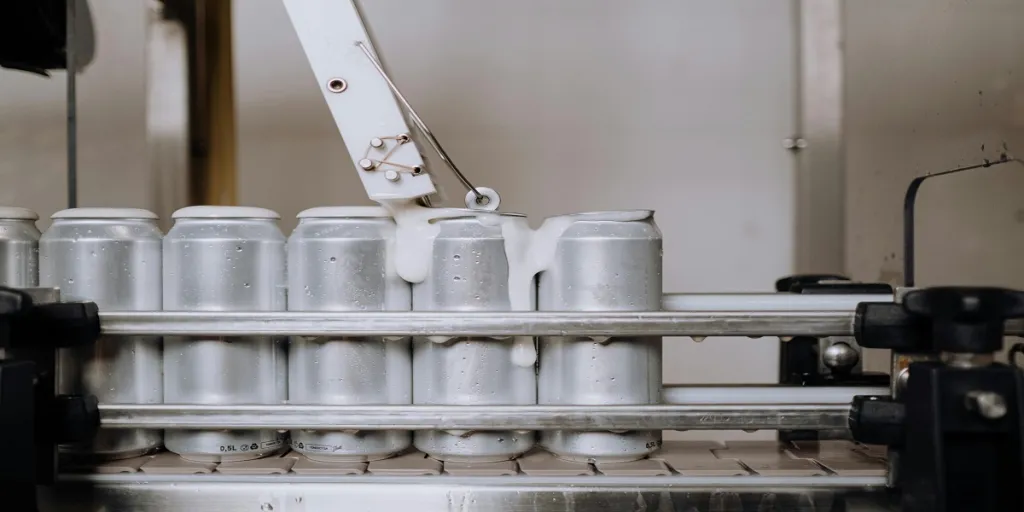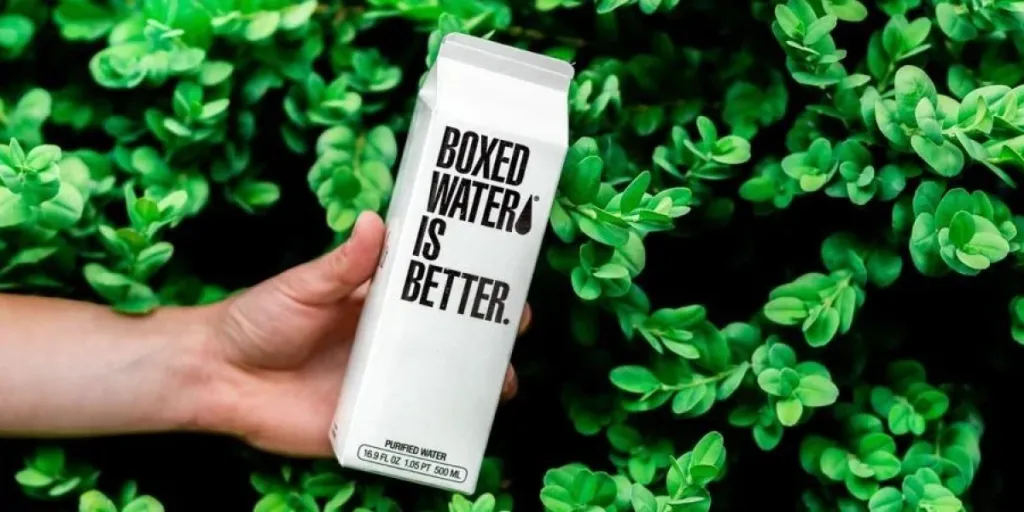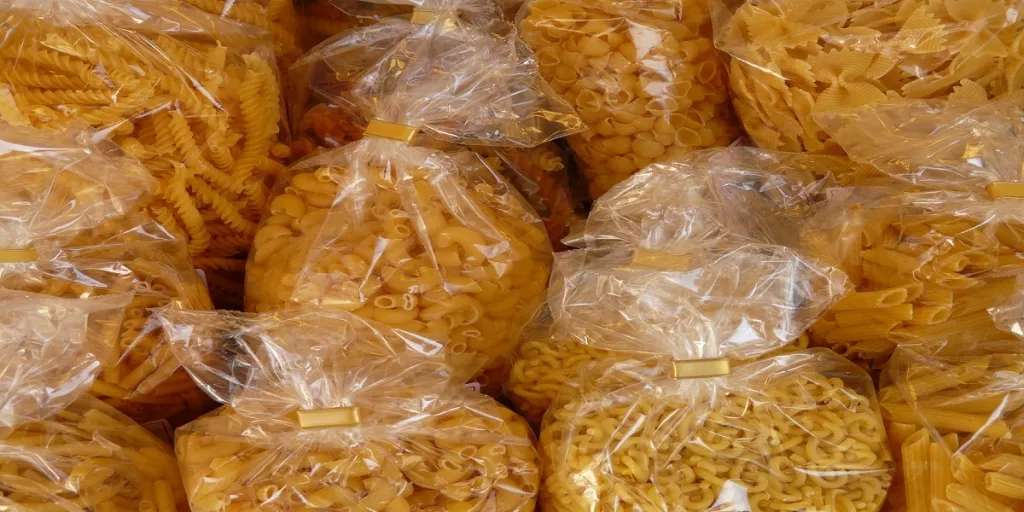As the e-commerce landscape evolves, so does the need for innovative packaging solutions that prioritize sustainability. Circular packaging is emerging as a game-changer, offering a way to reduce waste, cut costs, and meet the growing demand for eco-friendly options. From refillable containers to biodegradable materials, the future of packaging is set to transform how we ship and receive products. This article explores key trends in circular packaging for 2026, providing insights on how online businesses can adapt their strategies to stay ahead of the curve. By embracing these sustainable solutions, companies can not only reduce their environmental impact but also appeal to environmentally conscious shoppers and build brand loyalty in an increasingly green-minded world.
Table of Contents
● Refillable packaging: A new frontier
● Returnable solutions for e-commerce
● Biodegradable options on the rise
● Reimagining recycling for online retail
● Innovative materials shaping the future
● Conclusion
Refillable packaging: A new frontier

Refillable packaging is emerging as a promising frontier in sustainable e-commerce solutions. This approach allows customers to reuse containers, significantly reducing overall packaging waste. For online businesses, this could mean offering concentrated refills for products like cleaning supplies or personal care items.
One key strategy is partnering with manufacturers to develop lightweight, easily recyclable refill pouches. These pouches can be designed to minimize shipping costs while maximizing environmental benefits. Additionally, exploring plant-based coatings can make paper-based packaging suitable for liquid products, further expanding the range of items that can be sold in refillable formats.
To encourage adoption, companies can create a convenient at-home refill experience. This might involve providing clear instructions, offering specialized refill tools, or designing primary containers that are easy to clean and refill. Incentives such as discounts or loyalty points for participating in refill programs can also boost customer engagement. By embracing refillable packaging, online businesses can demonstrate their commitment to sustainability while potentially reducing long-term packaging costs.
Returnable solutions for e-commerce

Returnable packaging systems are gaining traction as a viable option for online businesses. This model involves customers returning empty containers to be professionally cleaned and refilled, creating a closed-loop system that significantly reduces waste and carbon emissions. While initially more complex to implement, the long-term benefits of returnable packaging can be substantial.
To make this system work, companies can partner with specialized service providers to manage the logistics of collection and cleaning. These providers can handle the complexities of reverse logistics, ensuring that returned packaging is efficiently processed and prepared for reuse. Implementing a user-friendly return process, such as providing pre-paid return labels or convenient drop-off points, can help increase participation rates.
Incentivizing customers to take part in returnable packaging programs is crucial for success. This can be achieved through loyalty programs, discounts on future purchases, or even gamification elements that make the process engaging and rewarding. Additionally, educating customers about the environmental benefits of returnable packaging can help drive adoption and build brand loyalty among environmentally conscious shoppers. By embracing returnable solutions, online businesses can demonstrate their commitment to sustainability while potentially reducing packaging costs in the long run.
Biodegradable options on the rise

Biodegradable packaging is experiencing a surge in popularity as a sustainable solution for online businesses. These materials are designed to decompose naturally within weeks, drastically reducing the environmental impact of e-commerce shipments. Innovative options like edible packaging films for small items or pulp-based materials made from food byproducts are replacing traditional plastic trays and wraps.
When selecting biodegradable options, it’s crucial to prioritize materials that can be recycled in existing paper waste streams. This approach ensures that even if customers don’t compost the packaging, it can still be processed through conventional recycling systems. Companies should be cautious about bioplastics that require industrial composting facilities, as these may not be widely available and could end up in landfills.
For premium or keepsake packaging, bamboo and other plant-based materials offer an excellent alternative. These options not only biodegrade quickly in home compost systems but also provide a luxurious unboxing experience. By incorporating QR codes or augmented reality features on biodegradable packaging, businesses can offer additional product information or brand storytelling, enhancing the customer experience while maintaining their commitment to sustainability.
Reimagining recycling for online retail

Advanced recycling technologies are revolutionizing the way online businesses approach packaging sustainability. These innovations go beyond traditional mechanical recycling processes, offering new possibilities for post-consumer recycled materials. One key strategy is to clearly communicate disposal instructions to customers, helping to prevent valuable materials from ending up in landfills due to confusion about proper recycling methods.
Collaborating with organizations that source certified post-consumer waste plastics from developing communities can create a powerful impact. This approach not only reduces waste but also generates compelling stories about social responsibility and global sustainability efforts. Such initiatives can resonate strongly with environmentally conscious shoppers and enhance brand perception.
When plastic packaging is unavoidable, molecularly recycled options present an exciting alternative. These materials can be infinitely recycled without losing quality, closing the loop on plastic waste. Additionally, investing in packaging designs that incorporate recycled content while maintaining product protection and visual appeal can set a brand apart in the competitive e-commerce landscape. By reimagining recycling, online businesses can turn a potential environmental liability into a powerful tool for brand differentiation and customer engagement.
Innovative materials shaping the future

Bio-based materials and novel barrier protections are reaching commercial scale, offering sustainable alternatives for online businesses. These innovative solutions range from packaging made from upcycled agricultural waste to materials derived from algae or mycelium. Such options not only reduce reliance on fossil fuels but also often require less energy to produce, lowering the overall carbon footprint of packaging.
Partnering with material science startups can position companies as early adopters of groundbreaking packaging solutions. These collaborations can lead to custom-developed materials tailored to specific product needs while maintaining a strong sustainability profile. For instance, truly circular plastic options that biodegrade rapidly in various environments are becoming increasingly viable for e-commerce applications.
Another avenue for innovation lies in exploring a company’s own production waste as potential feedstock for closed-loop packaging solutions. This approach not only reduces waste but also creates an engaging sustainability narrative for customers. By transforming what was once considered waste into valuable packaging materials, businesses can demonstrate their commitment to resource efficiency and circular economy principles. These innovative materials not only protect products during shipping but also serve as a tangible representation of a brand’s dedication to environmental stewardship.
Conclusion
The future of e-commerce packaging is undeniably circular, with refillable, returnable, and biodegradable options leading the way. By embracing these innovative solutions, online businesses can significantly reduce their environmental impact while meeting growing demand for sustainable options. The transition to circular packaging isn’t just about compliance; it’s an opportunity to stand out in a crowded marketplace. As technology advances and new materials emerge, companies that adapt quickly will gain a competitive edge. By experimenting with different circular packaging solutions and staying abreast of the latest developments, businesses can create a more sustainable future while building stronger connections with environmentally conscious customers.




